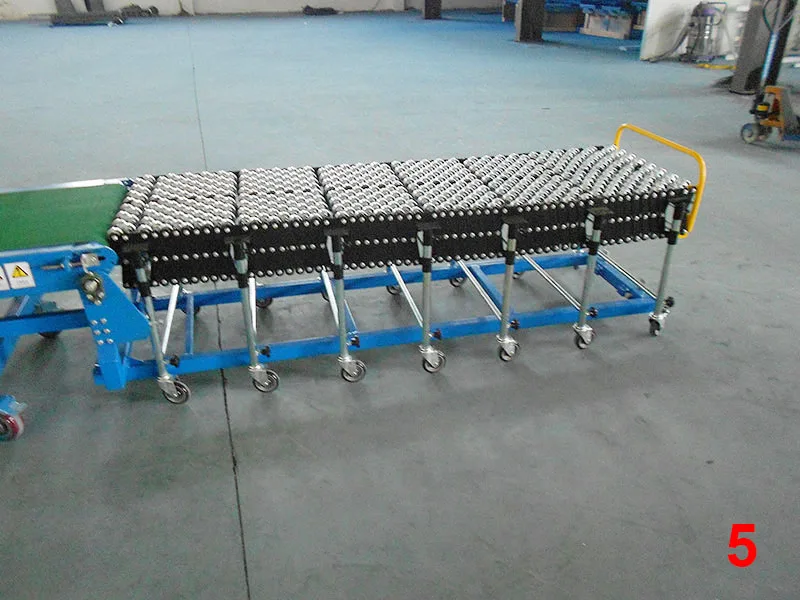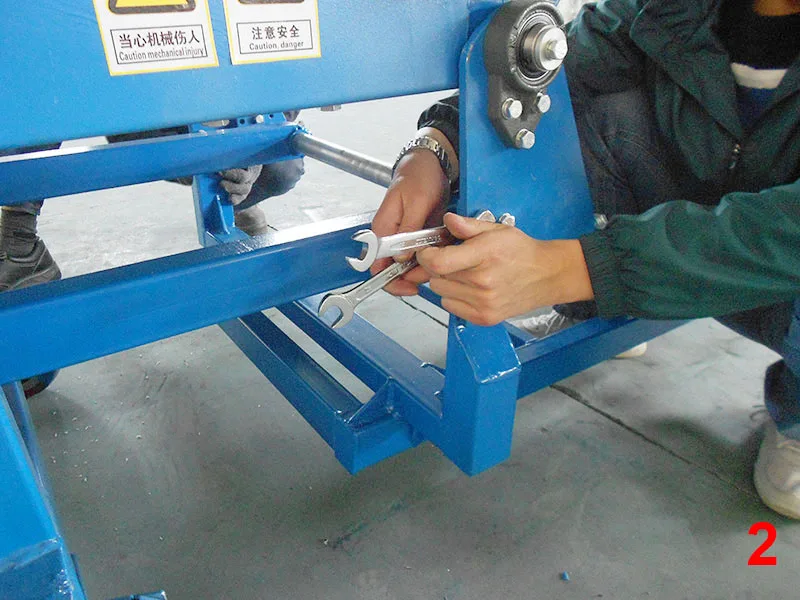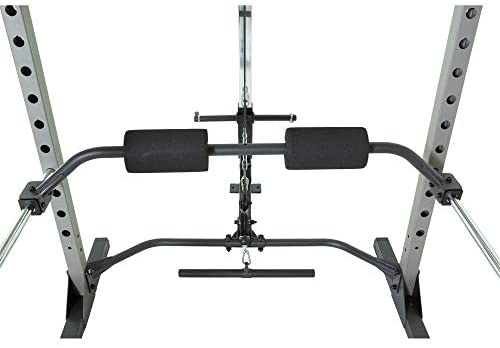The logistics industry is undergoing a significant transformation driven by technological advancements. Innovations in truck loading and unloading technology are at the forefront of this change. These advancements aim to enhance efficiency, reduce costs, and improve safety in the logistics sector. As businesses strive to meet the growing demands of consumers, the need for innovative solutions in logistics becomes increasingly critical.
Automated Loading Systems
One of the most promising innovations in truck loading unloading conveyors is the development of automated loading systems. These systems utilize robotics and artificial intelligence to streamline the loading process. Automated systems can significantly reduce the time required to load goods onto trucks, minimizing delays and increasing overall productivity. Moreover, these systems can be programmed to handle various types of cargo, making them versatile for different logistics needs.

Smart Loading Docks
Smart loading docks are another innovative solution transforming the logistics landscape. These docks are equipped with sensors and IoT technology that provide real-time data on truck arrivals and departures. By optimizing the scheduling of loading and unloading activities, smart docks can reduce congestion and improve the flow of goods. This technology not only enhances efficiency but also helps in better resource management at logistics facilities.
Mobile Applications for Logistics Management
Mobile applications are becoming essential tools for logistics management. These apps enable real-time tracking of shipments and provide updates on loading and unloading statuses. With mobile technology, logistics managers can communicate effectively with drivers and warehouse staff, ensuring that operations run smoothly. This level of connectivity helps in addressing issues promptly, leading to improved service delivery.
Augmented Reality in Training
Training personnel for loading and unloading operations can be enhanced through augmented reality (AR). AR technology allows workers to visualize the loading process and understand the best practices in a simulated environment. This innovative training method can lead to better-prepared employees who can perform their tasks more efficiently and safely. As a result, the overall productivity of logistics operations can improve.
Electric and Autonomous Trucks
The rise of electric and autonomous trucks is set to revolutionize the logistics industry. Electric trucks offer a more sustainable option for transporting goods, reducing carbon emissions associated with traditional diesel vehicles. Meanwhile, autonomous trucks can operate without human intervention, which can significantly reduce labor costs and improve safety on the roads. The integration of these technologies into logistics operations will reshape how goods are transported.
Data Analytics for Optimization
Data analytics plays a crucial role in optimizing loading and unloading processes. By analyzing historical data, logistics companies can identify patterns and inefficiencies in their operations. This information can be used to make informed decisions about resource allocation, scheduling, and route planning. The use of data analytics can lead to significant cost savings and improved service levels in the logistics sector.
Sustainable Practices in Logistics
Sustainability is becoming a key focus in logistics, with companies seeking to minimize their environmental impact. Innovations in loading and unloading technology can contribute to more sustainable practices. For example, using energy-efficient equipment and optimizing loading processes can reduce waste and lower carbon footprints. As consumers become more environmentally conscious, logistics companies must adapt to these expectations.

Collaboration and Integration
Collaboration among various stakeholders in the logistics chain is essential for maximizing the benefits of new technologies. Integrating systems across different logistics providers can lead to more efficient operations. By sharing data and resources, companies can enhance their service offerings and respond more effectively to customer demands. This collaborative approach is vital for the future of logistics.
Conclusion: Embracing Change
The future of logistics is bright, with numerous innovations in truck loading and unloading technology on the horizon. As the industry embraces these changes, companies must remain adaptable and open to new ideas. By investing in technology and fostering collaboration, the logistics sector can continue to evolve and meet the challenges of tomorrow. The innovations discussed will play a pivotal role in shaping the future of logistics, ensuring that it remains efficient, sustainable, and responsive to the needs of consumers


